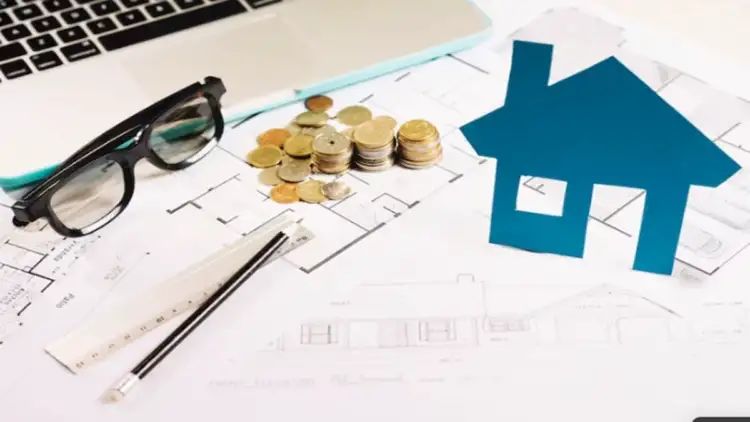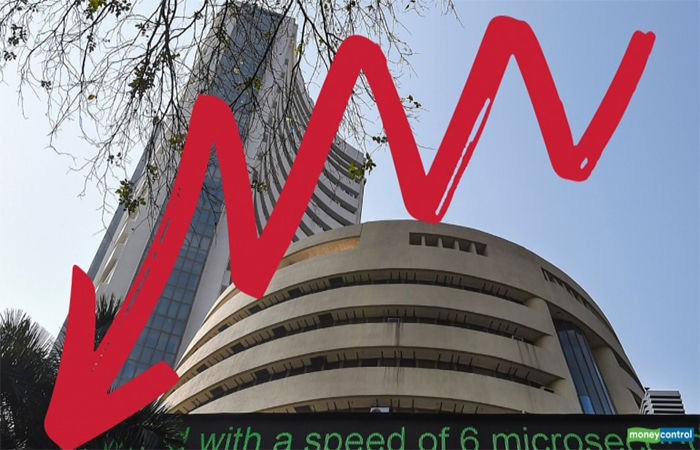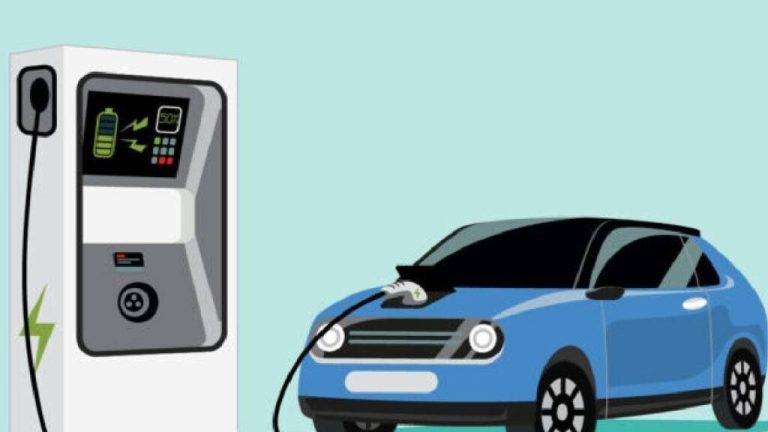Effective strategies to pay off your home loan faster
For most people, purchasing a home is a major milestone. However, the associated mortgage debt can be a long-term financial commitment for many.
In recent years, home loan borrowers have experienced a substantial increase in their monthly payment amounts. This can be attributed to the repeated hikes in interest rates on home loans by banks, which began in May 2022.
Though the Reserve Bank of India (RBI) has kept the repo rate steady at 6.5%, here’s a closer look at its impact. Let’s consider borrowers with a Rs 40-lakh home loan for a period of 20 years, for instance. Assuming the interest rate increases from 7% to 9.25%, these borrowers will have to bear an additional interest burden of Rs 15.05 lakh.
While it may seem difficult to mitigate this surge in interest rates, you can significantly reduce your overall interest expenditure by implementing strategies that can assist in paying off your home loan faster. The following are a few strategies to consider while making informed decisions to accelerate the payment of home loans:
1. Pre-payment: Pre-payment involves making additional payments towards your mortgage principal, which can significantly reduce the overall interest you pay over the loan term. Increasing your monthly payments or making lump sum payments can expedite paying off your debt.
2. Partial Payment: Similar to pre-payment, partial payments involve making extra payments towards your mortgage. However, rather than committing to a regular schedule, you can make additional payments as and when you can. Even small increments made consistently can substantially impact reducing your debt over time.
3. Higher Interest Outgo: Opting for a shorter loan term or refinancing a loan with a higher interest rate can lead to increased monthly payments but also result in paying off the debt faster. While this strategy may seem counterintuitive, it can save you significant interest in the long run. However, it’s crucial to carefully assess your financial situation to ensure you can comfortably manage the higher payments.
Moreover, an EMI incorporates both interest and principal repayments. With a higher outstanding principal, the interest component in the EMI increases. However, by reducing the outstanding principal, the interest portion decreases, allowing for a higher proportion of the EMI to be allocated towards principal repayment.
Let’s look at this example. Suppose you have a home loan of Rs 40 lakh for 20 years at an interest rate of 9.5%, resulting in an EMI of Rs 37,285. If you make one extra EMI payment at the beginning of each year, you could save approximately Rs 11.73 lakh. Your total interest paid would be Rs 37.75 lakh instead of Rs 49.48 lakh. Additionally, you would be able to fully repay your home loan in 16 years and one month, as opposed to the original 20-year term.
Should you choose to increase your EMI by 10%, elevating it from Rs 37,285 to Rs 41,014, you stand to save approximately Rs 16.89 lakh in interest payments. Consequently, your loan tenure would be reduced to 14 years and one month, down from the initial 20 years.
Likewise, making an annual partial prepayment of Rs 50,000 can lead to savings of Rs 14.47 lakh in interest payments, enabling you to clear the loan in 15 years instead of the original 20-year term.
Factors To Keep In Mind
While it’s enticing to pay off your home loan debt as quickly as possible, it’s essential to exercise caution and consider the following:
Avoid Depleting Emergency Funds: Before allocating extra funds towards your mortgage, ensure you have a sufficient emergency fund to cover unexpected expenses such as medical emergencies or job loss. Depleting your emergency savings to pay off debt could leave you vulnerable in times of financial crisis.
Evaluate Opportunity Cost: Carefully evaluate the opportunity cost before withdrawing funds from investments earmarked for long-term goals. If your investments generate higher returns than the interest rate on your mortgage, retaining them and continuing to make regular mortgage payments may be more advantageous.
Assess Tax Implications: In some cases, mortgage interest payments are tax-deductible, providing a financial incentive to retain the debt. Before aggressively paying down your mortgage, consult a financial advisor to understand the potential tax implications and ensure you make informed decisions.
Consider Future Financial Goals: Paying off your mortgage early may be a priority, but it’s essential to consider your other financial goals, such as retirement savings, education funds, or investments. Striking a balance between debt repayment and long-term financial planning is crucial to achieving overall financial security.
Beware of Prepayment Penalties: Before making additional payments towards your mortgage, review your loan agreement to determine if there are any prepayment penalties. Some lenders impose fees for paying off your loan early, which could negate the benefits of accelerated debt repayment.
Paying off your home loan debt faster can provide financial security and save you lakhs of rupees in payments. By employing strategies such as pre-payment, partial payments, or opting for a higher interest outgo, you can expedite the process of becoming mortgage-free. However, it’s essential to proceed cautiously and consider factors such as emergency funds, opportunity cost, tax implications, and future financial goals. You can achieve greater financial freedom and peace of mind by striking a balance between debt repayment and overall financial planning.
(By Atul Monga, Co-Founder & CEO, BASIC Home Loan. Views are personal)






